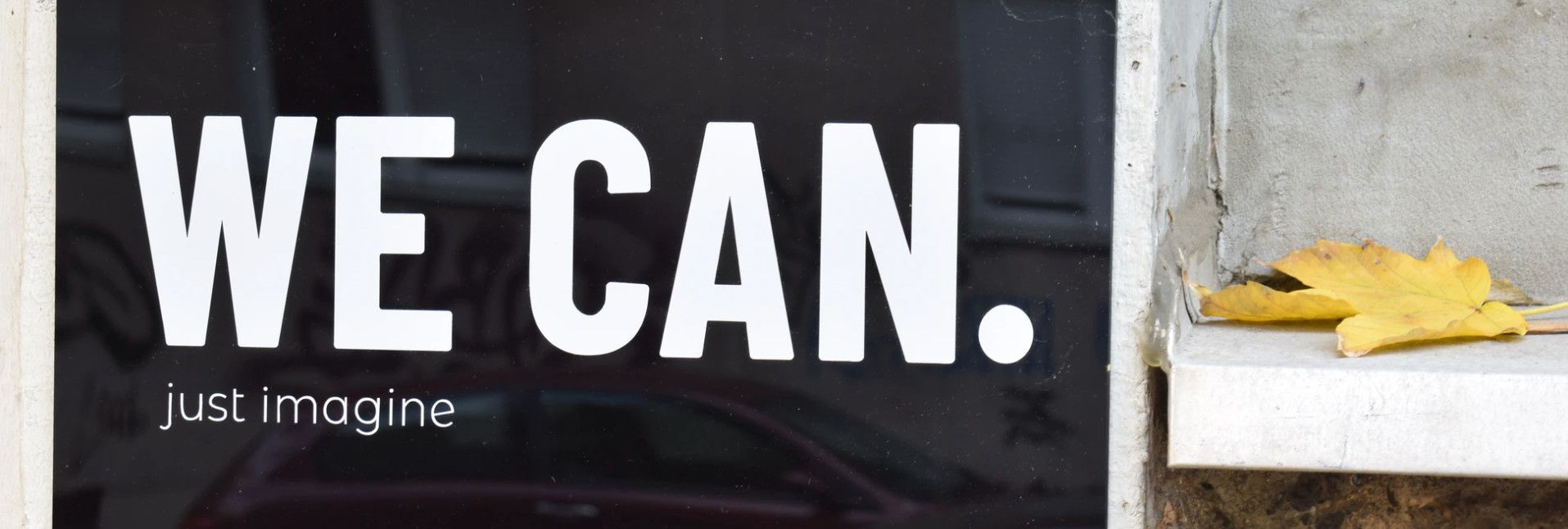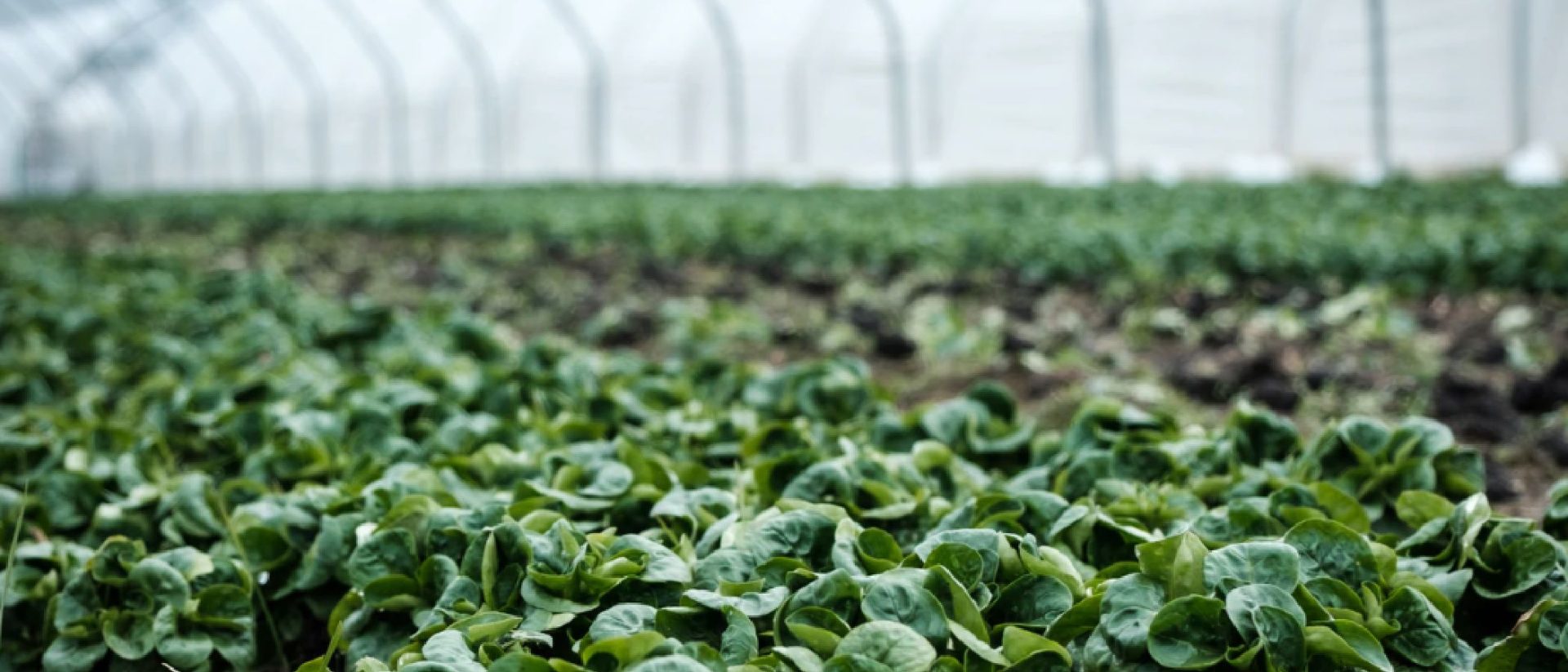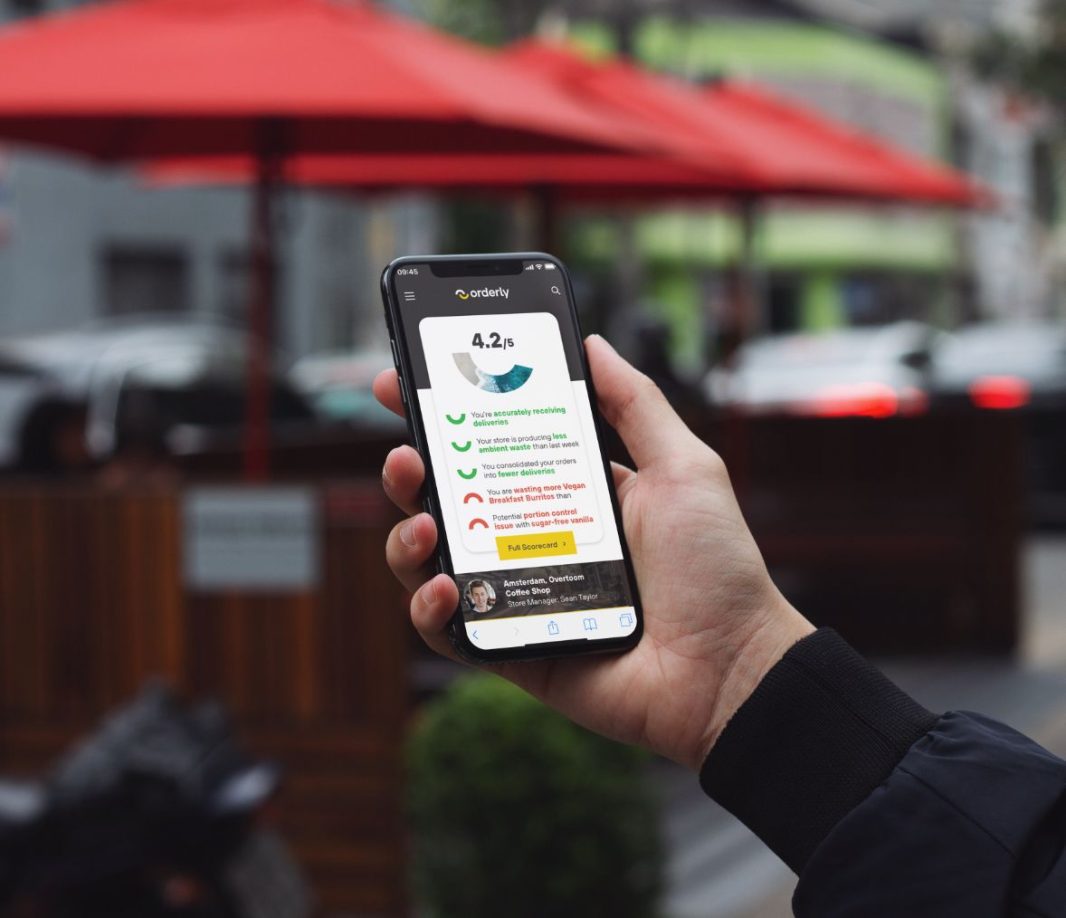Whether we are discussing food banks, food shortages, or environmental impacts from our food waste, many of us are keenly aware that there is a problem that needs to be solved.
The pandemic has shone a light on the need for change, and a recent study conducted by sustainability consultancy Veris, showed that 80% of the consumers questioned felt that COVID-19 had affected how they think about and value the food they buy and eat. Interestingly, 90% expected change to follow the pandemic that would lead to healthier, more sustainable and ethical food consumption across the globe.
Change is a tall order, but absolutely achievable with the right technology, and the great news is the firsts steps to long term change and improvements have already been taken.
What is the Scale of the Food Crisis?
To distil the food crisis down into a single sentence, almost 1 billion people go hungry each year, whilst 2 billion people eat more food than they need. This is stunning on its own, but when you consider that 1.6 billion tonnes of food worth approximately $1.2 trillion each year is thrown away (and much of it before it even reaches a plate) the issue becomes far more emotive.
Farming, producing and shipping food for it to simply be thrown away adds billions of tonnes of unnecessary carbon to the atmosphere every year, while the process of food rotting continues to produce methane, a greenhouse gas that is far more potent than the poster child of greenhouse gases, carbon dioxide, which primarily comes from fossil fuel use.
“In 10 years, there will be 1 billion additional people on the planet. More waste. More famine. This waste cannot continue.”

The research by Veris identified five ‘build back better’ blocks that could help underpin this work, known as the ‘5Rs’ approach.
It encompasses interlinked themes around resilience, relocalisation, responsibility, redefinition and reimagination, and offers a practical roadmap for companies to follow.
Technology can assist in every one of these areas.
Resilience
COVID-19 showed just how fragile the food system can be and in the UK, supermarket shelves were bare — yet warehouses were full. Food could not get where it needed as predictive algorithms failed and communication channels broke down.
Thankfully, technology can be on hand to prevent this with end-to-end supply chain visibility.
By being able to see where commodities are throughout the chain, stakeholders can work together to release bottlenecks, reduce waste and distribute this food properly.
It’s about the right timely and accurate data, to the right person at the right time.
One way of increasing visibility and transparency is by using blockchain technology.
It may surprise you to know that spreadsheets and paper-based record-keeping are still prominent across many aspects of supply and logistics. As soon as one party emails a spreadsheet to a counterpart, the information can already be out of date and difficult to trace, confirm, and secure. Blockchain can play a real part in solving this.
Relocalisation
Already on the UK’s radar due to Brexit is the concept of relocalisation, bringing the growth and production of food closer to the place which it is consumed. This strategy will help reduce supply waste at certain parts of the chain and reduce greenhouse gases from food transportation.
Better Order Management technology can allow buyers to source from a range of suppliers (including local) rather than just “big food”.
If more local suppliers can be quickly and easily onboarded into an organisations’ supply chain (like a local milk supplier closer to your favourite chain coffee shop) utilising digital workflow management, quality, and audit software — the order management system can choose the best supplier based on availability and quality.
AI can be used to analyse waste inside restaurants and superstores to pick up on quality issues and again, highlight that right data to the right person at the right time to correct any quality or supply issues.
Responsibility
At Orderly, we believe responsibility is the biggest strategy to tackle food waste. The only way to make a change in the world is to collectively empower people to be responsible for that issue.
For us, that is about giving people actionable insights to change for the better.
Orderly offers food and beverage organisations a scorecard generated by artificial intelligence (AI) to help change human behaviour by making them responsible for areas within their control.
By interfacing with a number of data sources, the weekly scorecard gives each user three things they are doing well to increase sustainability, two things they can improve upon and one score out of five.
Users can track their scores over time and benchmark progress against peers in their own organisation, while companies can also review overall progress and benchmark against their competitors. The recommendations are updated as the AI system learns if previous advice was followed and how easy the tips were to adopt.
Redefinition
To quote Veris:
“There’s no question that the pandemic has accelerated online food commerce. According to a Nielsen study, online grocery sales in lockdown soared by 115% compared to the same period in 2019. The vast majority (78%) of our experts believe consumer use of online services will endure post-Covid-19, raising the expectation that new direct-to-consumer (D2C) food models will come to the fore.”
Food and beverage businesses not only need to redefine their supply chain (especially the last mile) but redefine and implement quickly before starting a cycle of continuous and incremental improvement.
At the start of the pandemic Orderly deployed a direct-to-consumer offering with the ever agile Morrisons Supermarkets PLC. The service titled “Food Boxes” provided boxes of essentials with an e-commerce front-end and “pick and pack” direct from the warehouse using a third party for delivery. It was later expanded to provide priority slots for the vulnerable and NHS workers.
Reimagination

Solidarity throughout COVID has redefined social constructs. Research by UNTFSSE states “it is necessary to address the root causes of exclusionary and unsustainable development, in order to shape a different future. Rethinking the way we do business will be crucial in order to ensure a ‘people-centred and planet-sensitive’ recovery.” Simply by reducing food waste throughout the supply chain, we can imagine a plethora of benefits for society.
Increasing transparency in the supply chain using blockchain can help here too. Essentially, audits can be conducted across the chain, and organisations can have increased visibility of what is happening to their raw materials downstream. This can include details of labour and working conditions for people processing and transporting these goods.
Audited, traceable sustainability and ethical information could be placed on the front of all packaged food -similar to the traffic light system used for nutritional information in the UK.
A Need to Change
According to The Global Report of Food Crises:
“If governments, humanitarian actors and development agencies are to prevent food crises from getting worse in both severity and magnitude they need reliable, timely and accessible data and analysis to inform early warning and early action. The need to invest in technology-savvy monitoring systems and predictive analysis has become even more apparent in the context of COVID-19. The data community must adapt its tools to provide timely, reliable measurement of the impact of COVID-19 on food security and make the data easy to access, interpret and use by policymakers to enable them to make evidence-based decisions.”
The right technology can fix the future of food and the challenges faced during the height of the pandemic bring with it a spirit of innovation, which is never in short supply. Whilst many moved quickly to improvise solutions, there is hope that COVID-19 may bring about a lasting reinvention of how we access, consume and dispose of food.
Orderly are actively working to increase responsibility within the food and beverage supply chain to reduce waste, and make the world better for more people.
Please don’t hesitate to contact me for more information.
Peter Evans
CEO
[email protected]






